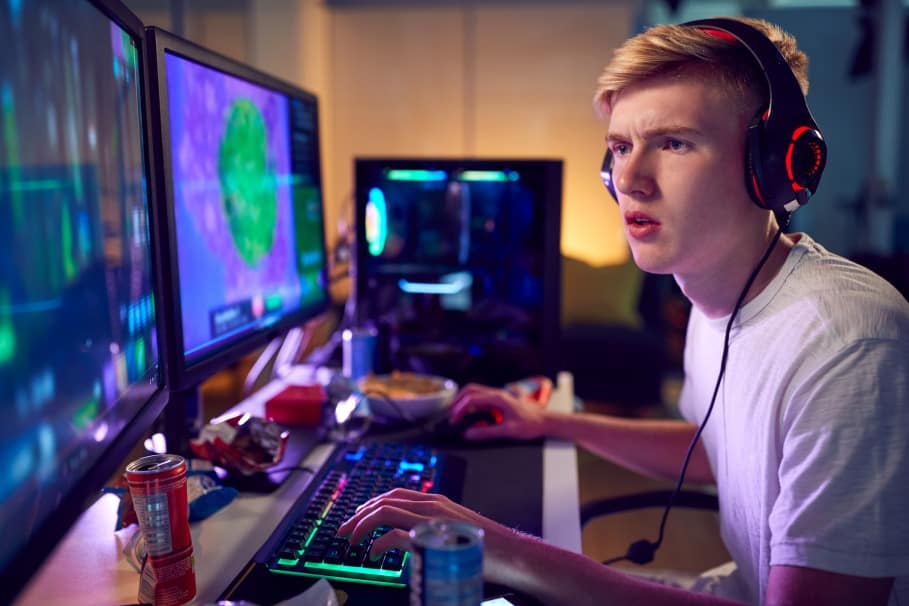
Modern PCs do use a lot of energy. Only a decade or so ago, you could probably get away with a 400W power supply in a modest home PC.
But now we ask our PCs to do so much more. A typical PC now will be capable of quite advanced graphic handling, video processing and number crunching.
Not only that, but we want the PC to be available to use 24/7, and so it is very likely that it is going to be left on all the time.
This isn’t so energy efficient, and you could be looking at a significant bll over the year to keep your PC running.
If you are looking for money saving ideas, then reviewsbird.co.uk is always a great place to be.
And if you want opinions on energy saving in other areas of your home, then you should also be looking online as there are many changes that you can make today that will make a big difference tomorrow.
Modern PC Power Supplies
A modern PC power supply is likely to be much higher than previous generations. A typical PC will need to be supplied with at least 700W at peak times. You need a power supply that can handle this.
However, you should purchase carefully.
Modern supplies should come with an 80+ rating, which will then be followed by a precious metal code, bronze, silver, gold and platinum.
What this means is that at least 80% of the AC power supplied to the computer will be turned into DC that the computer can use.
Each of the metal layers above provide extra efficiency, with bronze being the least and platinum being the most efficient.
Power savings can be made here. You will however need to read the manufacturers specifications carefully and think how your PC is used before you commit to buying a new power supply.
Make sure it’s right for you.
CPU and GPU
The CPU and GPU in your PC consume a lot of the power.
CPU manufacturers, noticeably Intel will clearly label their CPUs and each offering will come in high power and low power versions.
If you don’t need as much computing power, consider selecting one of the lower power versions that are available.
Same goes for the GPU. Only get an advanced card if you really need one. If not, stick with something more basic.
Lowering the overall power consumption of your PC may mean you can get a lower powered power supply.
Caution should be exercised here though, as you don’t want to underpower your components. This will cause stability issues.
UEFI BIOS
Finally, do you really, really need your PC to be on all the time? Whilst it is difficult to remember to turn it off each night, especially if it is in an office that you don’t go in all the time, there are still things you can do.
Consider changing the BIOS settings of your PC so that it automatically turns itself off late at night and back on early in the morning.
SImple really.